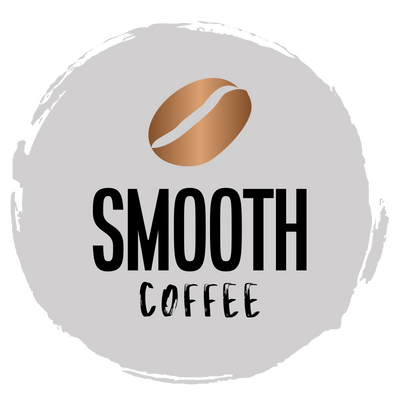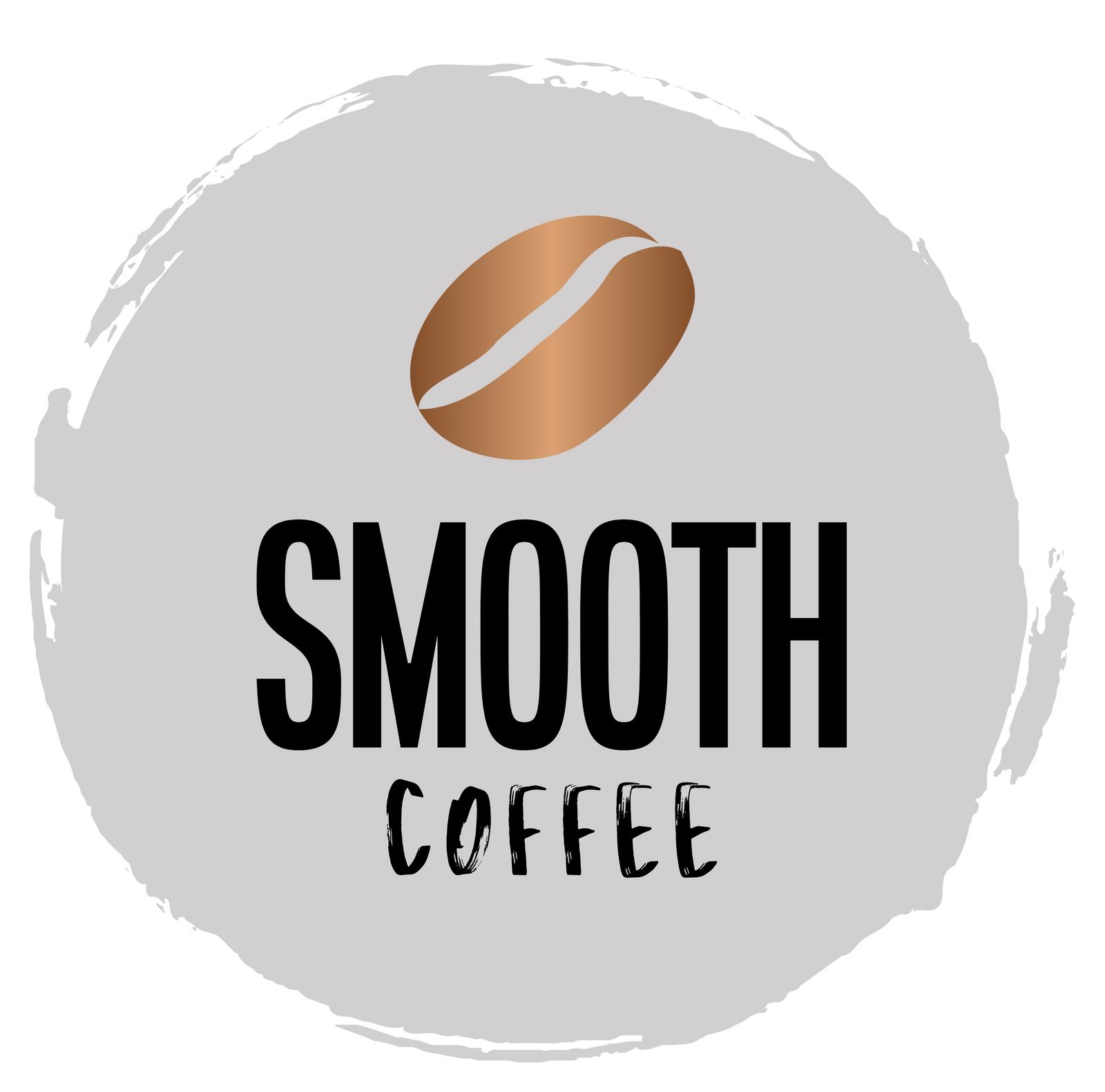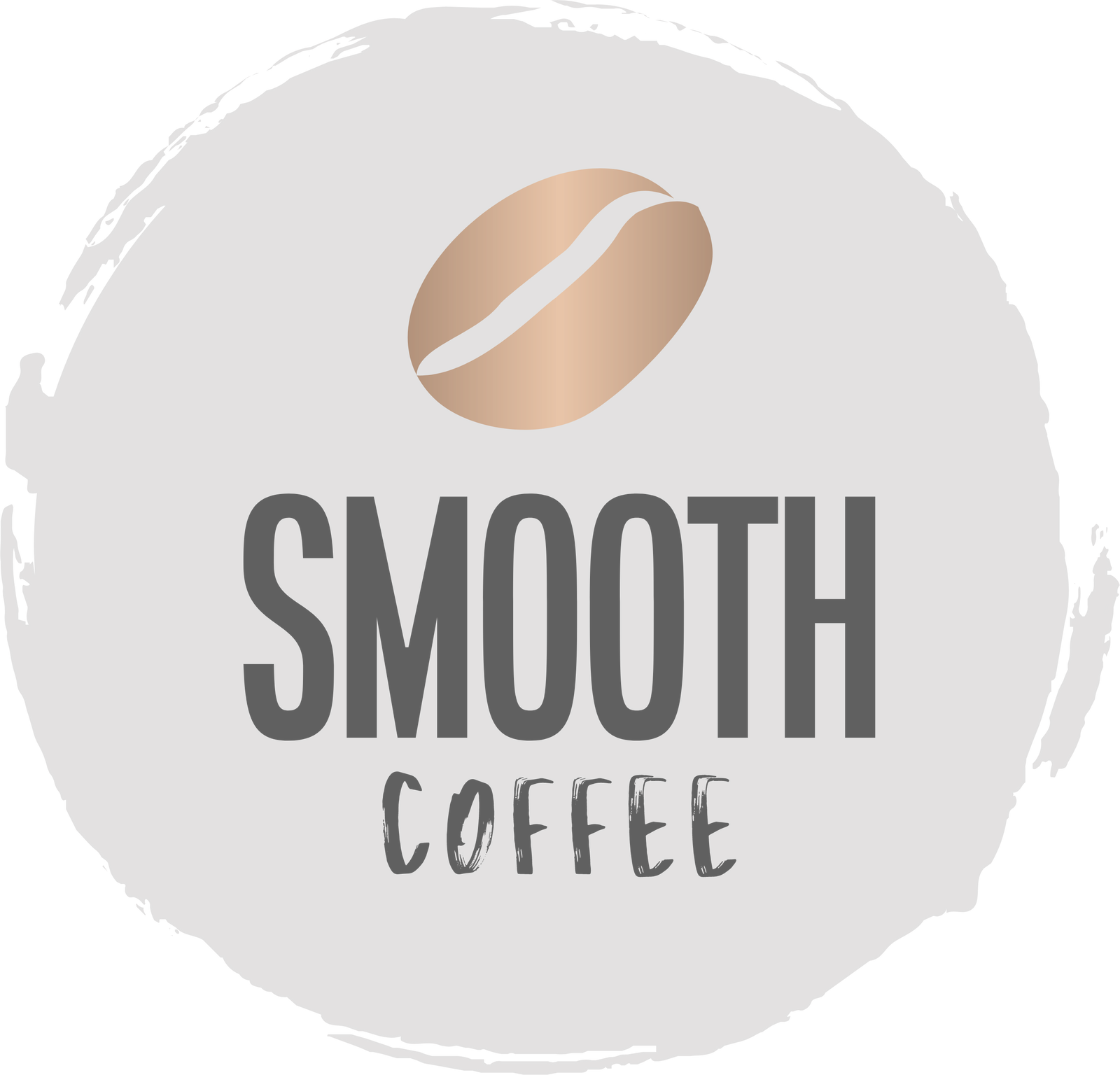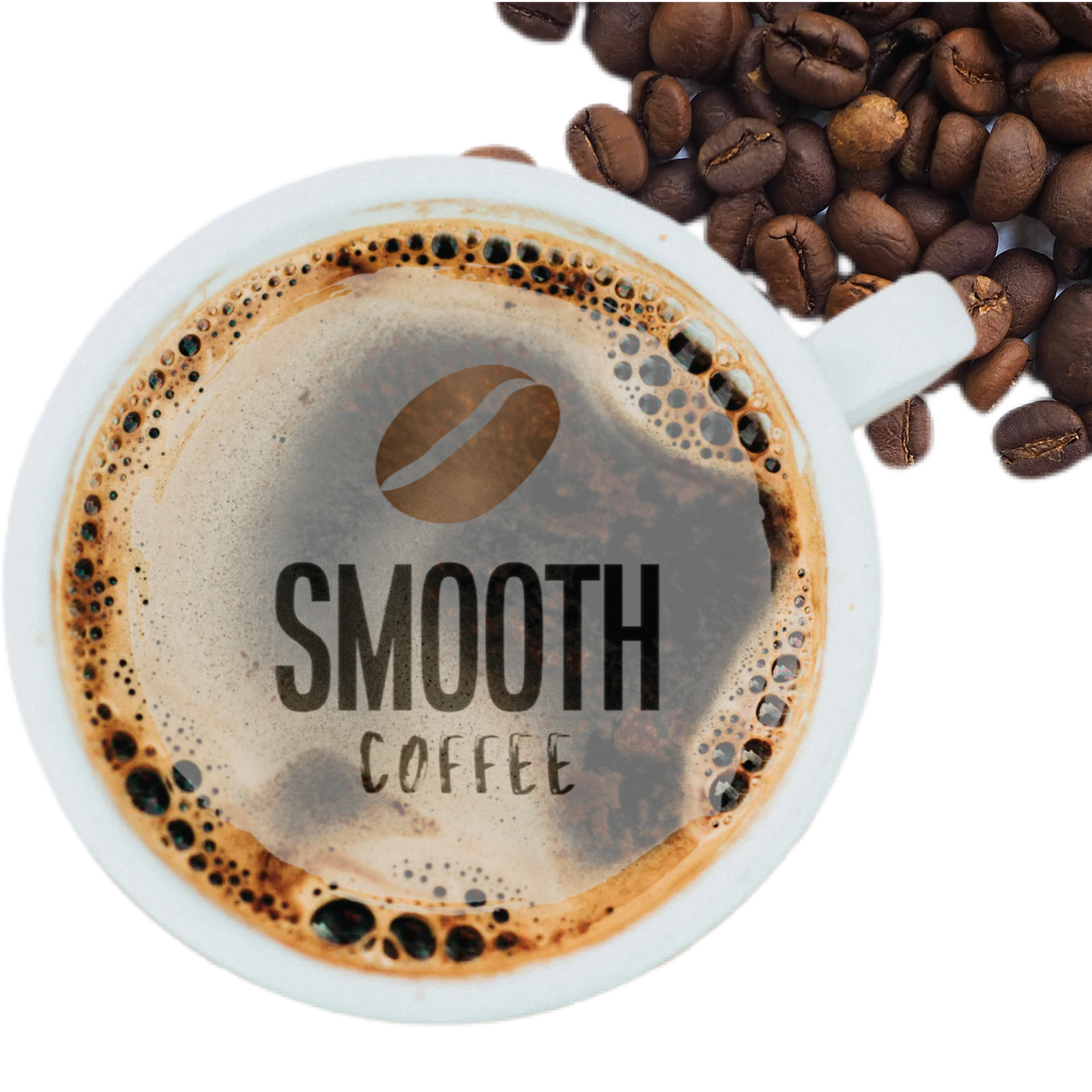Brewing

Beans
Great coffee starts with great beans. The quality and flavour of your coffee is not only determined by your favourite brewing process, but also by the type of coffee you select.

Freshness
Fresh-roasted coffee is essential to a quality cup, so make sure you don't buy to much coffee, purchase your coffee every couple of weeks.

The Grind
The size of the grind is very important important to the taste of your coffee. There are quite a few coffee makers out there and each of them require a particular grind from very fine to course.
That’s why it’s very important to choose the grind that suits your coffee maker otherwise your coffee can taste bitter by being over-extracted, or ground too fine or on the other hand, if your coffee tastes flat, it may be under-extracted, meaning your grind is too coarse.
You can grind your own beans at home ( we recommend a mill grinder or a burr grinder, NOT a blade grinder as this gives you inconsistent results in the texture of the grind) or you can purchase the fresh roasted coffee already in the desired grind.
Examples of coffee makers and compatible grinds:- Espresso Machines- Fine
- Aeropress, Moka Pot, Stove Top - Medium Fine to Medium
- Filter, Drip, V60, Chemex - Medium
- Cafetière (French Press), Cold Brew, Clever Dripper - Coarse

The Water
Another important step is the water you use. It can also affect the quality of your coffee. Use filtered or bottled water if possible. Don’t use your tap water if it has a strong taste of chlorine or any other odour.
If you do use water from the tap, make sure it’s always cold water.
Coffee-to-Water Ratio
The "Golden Ratio" this is the general guideline when measuring coffee-to-water ratio, see below:
1-2 Tbs Ground Coffee for 6oz water one
And if you own a precise scale:
1 gram of coffee to 15-18 grams of water
Of course, this can be adjusted to suit your individual taste preference.

Water Temperature
Perfect temperature for the water in your brewer should be between 195 F to 205 F ( 90C - 96C) for optimal extraction.
Colder water will result in flat, under-extracted coffee, while water that is too hot can also affect the quality of the end taste of the coffee.
*There is an exception and that is the Cold Brew which doesn’t require any heat, however it requires a specific method for best results. For tips on Cold Brew see link Product Review video
If you are using a manual coffee maker, let the water come to a full boil, and then let it rest for 1 minute before pouring it over the coffee grind.

Brewing Time
Brewing time is another important factor for flavour and quality.
- A drip system requires approximately 5 minutes of contact with water.
- For a Cafetière (French Press), the contact time should be 2-4 minutes.
- Espresso has an especially brief brew time — the coffee is in contact with the water for only 20-30 seconds.
- Cold brew, on the other hand, should steep overnight (about 12 hours).
If your coffee doesn’t taste quite right, it can be either Over-extracting (the brew time is too long) or Under-extracting (the brew time is too short)
Have fun with it and experiment with the contact time until you get the right balance for your taste.
Enjoy your coffee!!
Freshly brewed coffee is the absolute best and so only make enough coffee as you would like to drink.
Take the aroma in, notice the flavours and notes in each sip. It’s an experience, enjoy!!



